The goal: guaranteeing the right to education of the Syrian 'invisible children' refugees in Lebanon
Alianza Solidaria, based in Barcelona, has a project underway to support the schooling of refugee children and youth in the camps of the Bekaa Valley, in Lebanon.
Some wars seem to have no end and drag on for years and years with no prospect of peace in sight. This is the case of the war in Syria, which broke out in 2011 and in which, twelve years later, a peaceful resolution is still difficult to imagine. The data from the Syrian Observatory for Human Rights on the impact of the conflict is shocking: more than 600,000 fatalities and nearly thirteen million people either displaced within the country or having become refugees abroad.
A large part of the Syrian population that has left the country fleeing the ravages of war has taken refuge in Lebanon, which borders Syria and is one of the countries that has taken in the largest number of refugees in the world. It is estimated that nearly 1.5 million of these come from neighbouring Syria, and of these, half a million are children and young people between the ages of three and eighteen who find themselves in a situation of extreme vulnerability in a country at the limit of its capabilities which experiences chronic instability and a runaway economic crisis.
In this situation, hundreds of thousands of families from Syria have been crowding the refugee camps in Lebanon for years. Their offspring are the so-called 'invisible children'. Some were born in Syria and had to cross the border into Lebanon with their families and have been living in refugee camps since childhood, while others were born in the camps themselves. One of their problems is that they cannot legalise their situation, which means they cannot access services such as education.
"They are invisible children in the sense that they live in a country that doesn’t welcome them and many of them don’t even have the their own country of origin as a reference, so they are thrown into a situation of total helplessness, without access to any public services, among them education", explains María Quintero, coordinator of Alianza Solidaria (AS), an evangelical NGO based in Barcelona that develops international cooperation projects in several countries around the world to help the most vulnerable sectors of the population, with special attention paid to children.
Education to heal wounds and look to the future
One of the organisation's projects is carried out in refugee camps in the Bekaa Valley in Lebanon, and focuses on improving the situation of these 'invisible children'. The ultimate goal is to provide early childhood and primary education to a hundred Syrian refugee children and thus prevent their situation from worsening.
"For many families, because of the desperate situation they find themselves in, the education of their children is not a priority, and often girls are given in marriage before the age of fifteen and boys have to work in dangerous and badly paid jobs to help the family economy", explains Quintero, who witnessed this first-hand when she visited the Bekaa Valley camps.
The programme that AS is running is carried out in close collaboration with its local counterpart Together For the Family, an organisation that started by offering humanitarian assistance and has expanded its work by focusing on the educational sector with the building of an educational centre.
There, thanks to the support of AS, they provide curricular education adapted to the needs and abilities of children and young people, emotional and psychological support to deal with the traumas that many carry, a nutritious meal a day, job training workshops, leisure alternatives and legal advice for them and their families, among other things. In total, the project directly and indirectly benefits about six hundred people.
"We’re talking about comprehensive care that allows children and young people to have an important measure of stability, care and support, as well as a level of literacy so that they can continue their education in their country of origin if the circumstances to go back arise," says the coordinator of AS. It is therefore a safe and protected space for children and young refugees from where they can glimpse a future horizon, despite all their difficulties.
Emotional support is a relevant part of the initiative, given that many children suffer from trauma and mental health problems due to the harsh situations they have experienced, which are not easy to heal. In this regard, Quintero highlights the artistic workshops, with painting and other disciplines, that are held at the centre and work very well because they help express emotions and pave the way to leaving behind the problems they have had to suffer.
To continue working in this direction and improve the prospects of young people, AS has launched a Christmas campaign that aims to raise funds and gather resources in order to cover the cost of the school supplies for the hundred children that will use the centre during the 2023 academic year. The idea is that their right to education will be guaranteed at zero cost to their families and they will have the opportunity to move forward.
"It’s a project that has been growing gradually, and it’s very worthwhile to support it because the work that has been carried out for years is very good", says María Quintero. Anyone who wants to help support it can do so through the organisation's website.
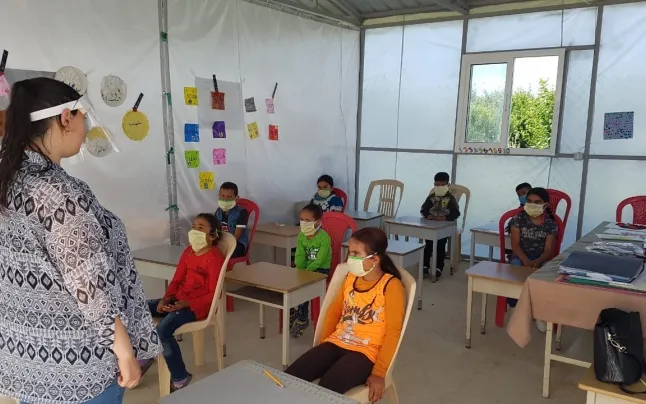
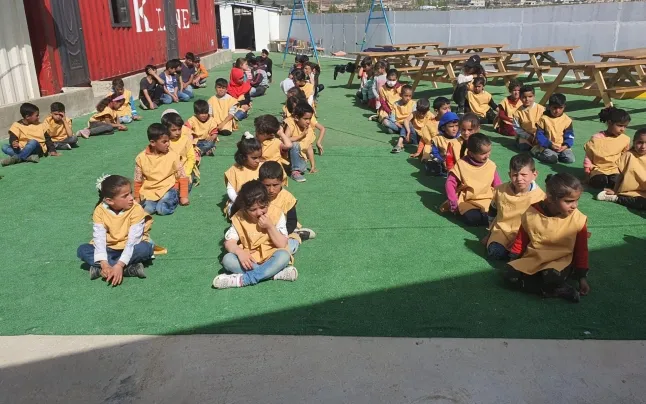
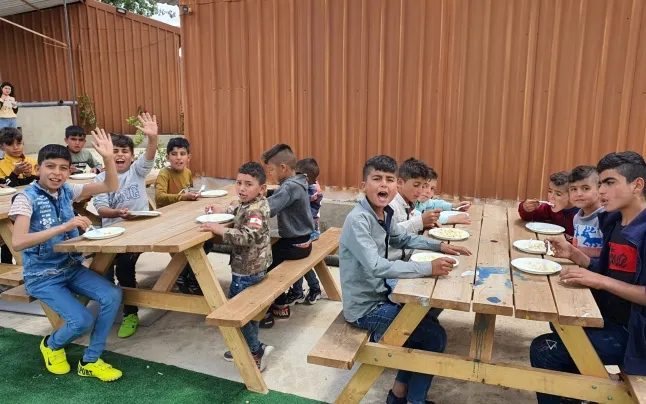



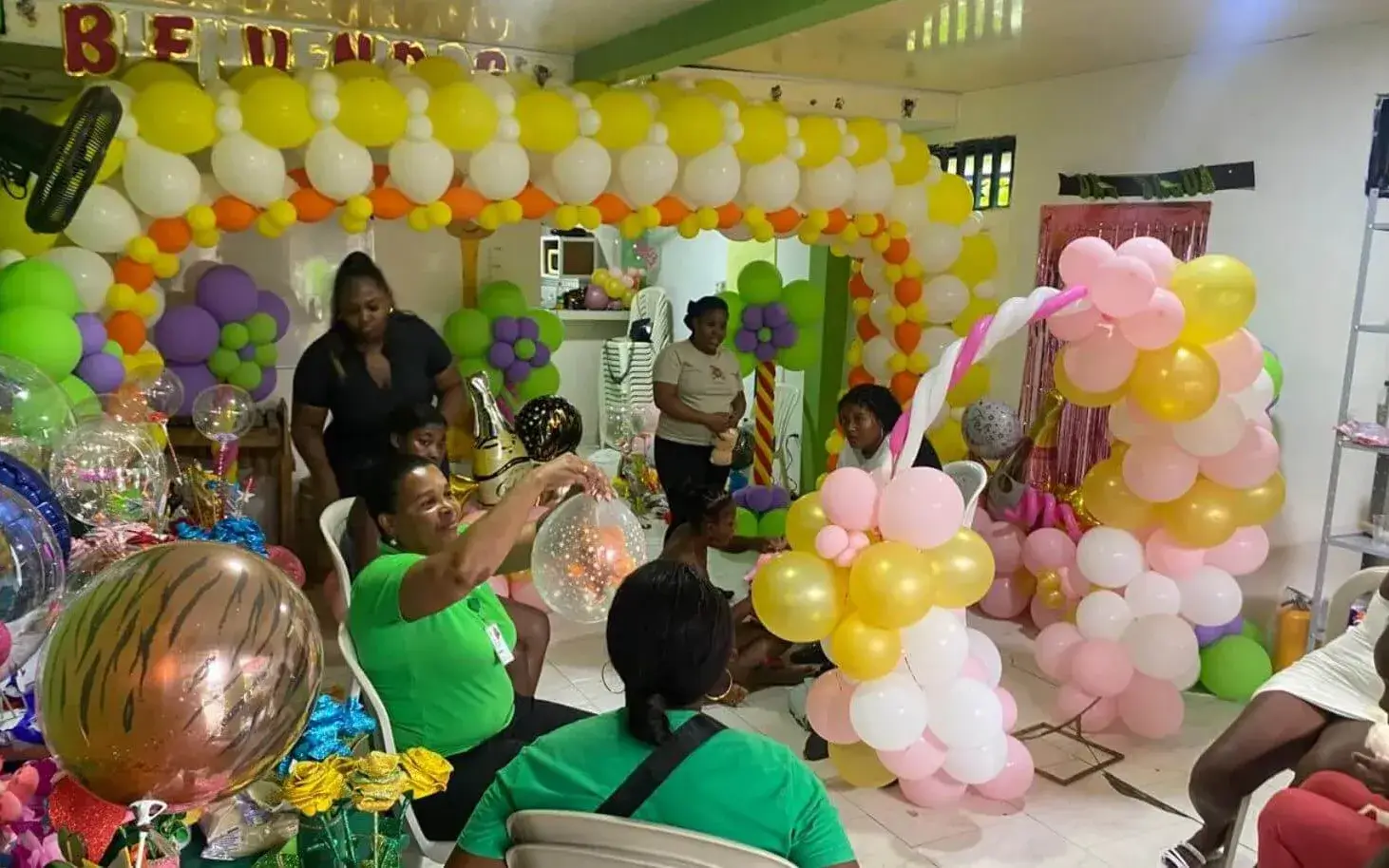
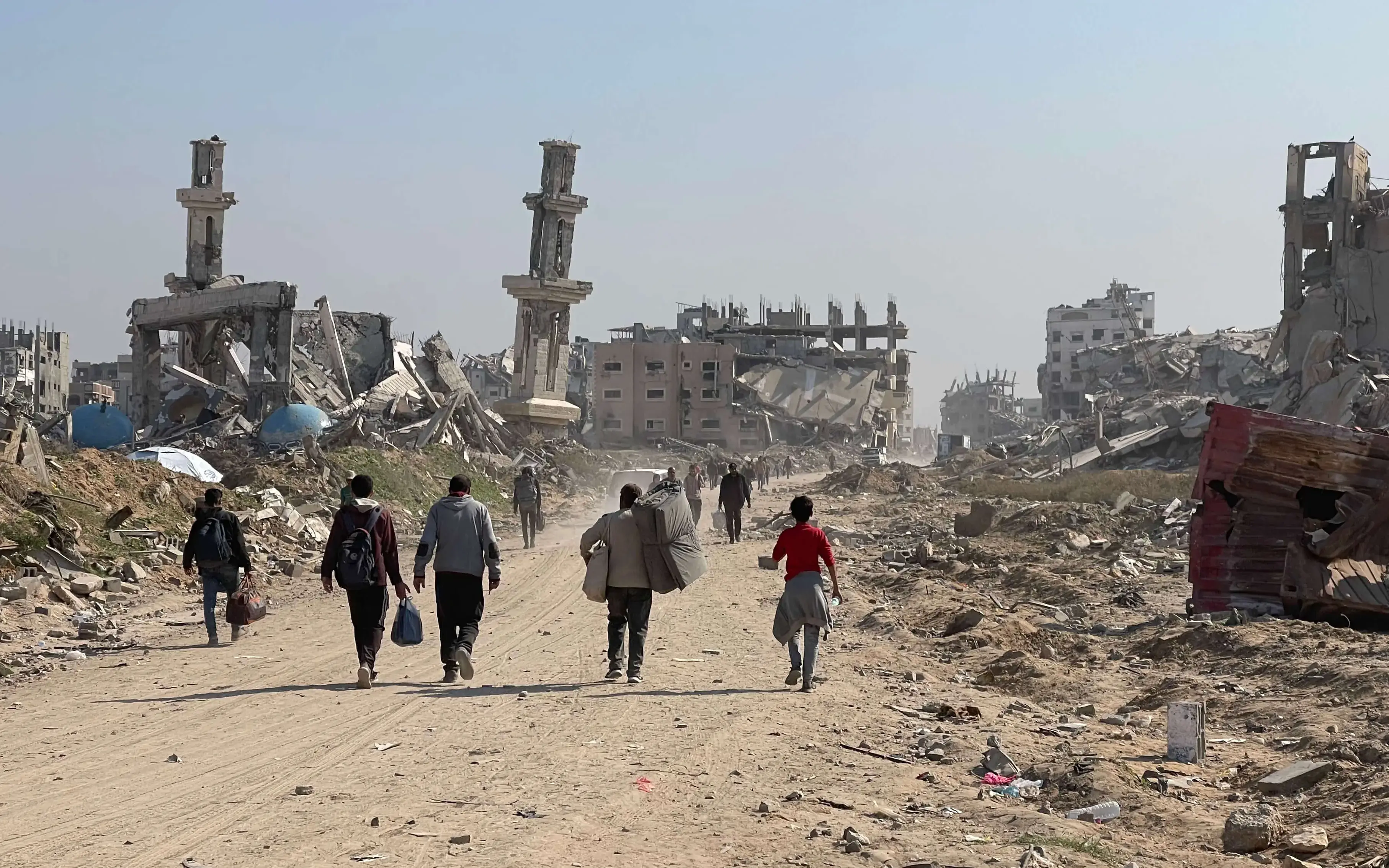
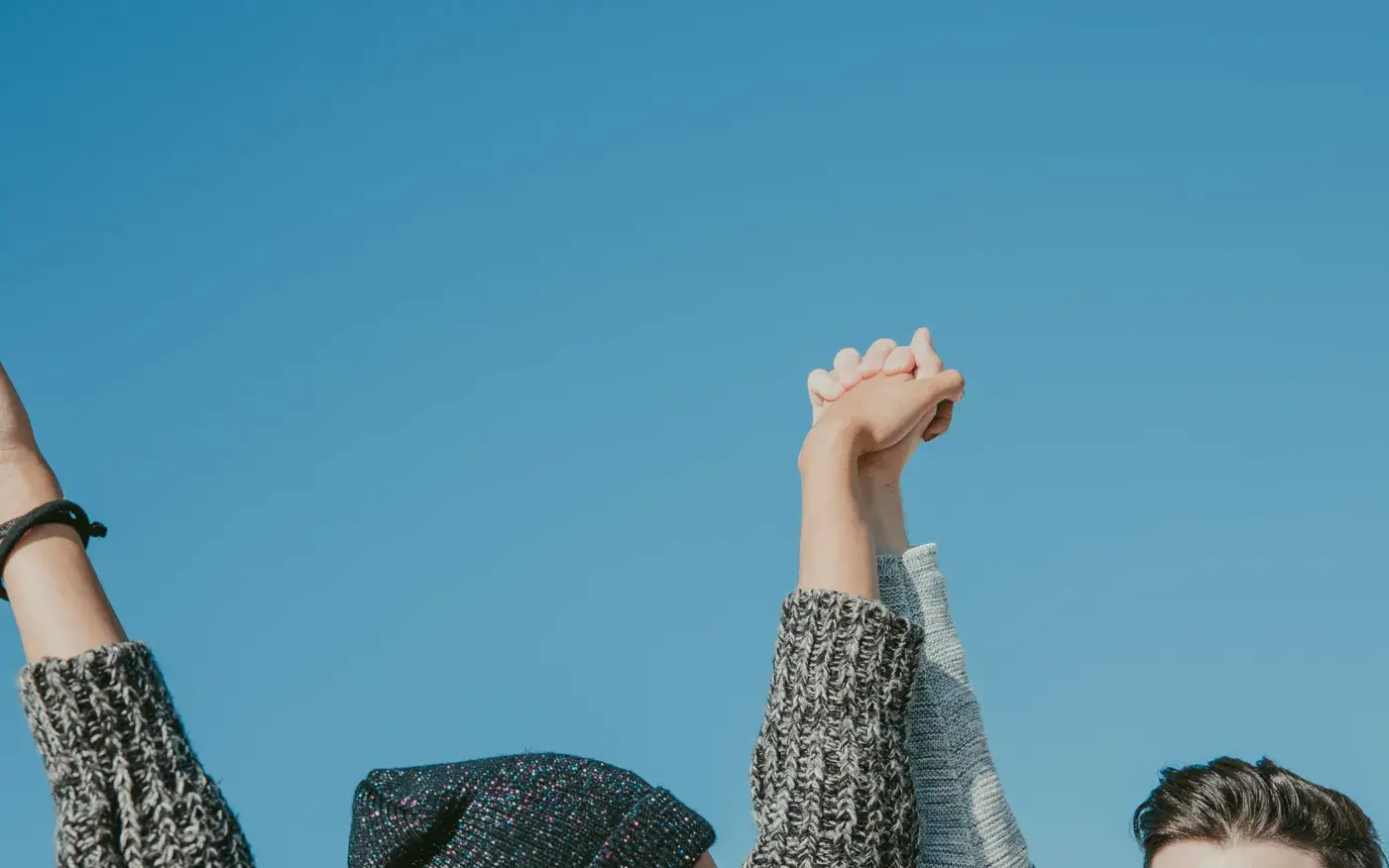
Add new comment